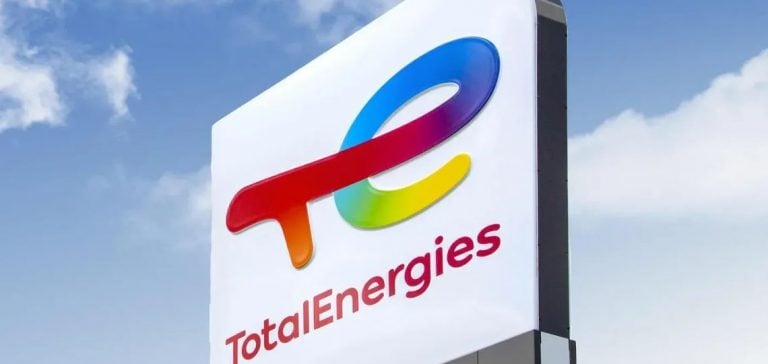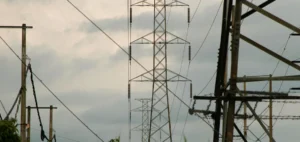The CEO of TotalEnergies, Patrick Pouyanné, recently expressed his vision of a pragmatic energy transition, rejecting alarmist rhetoric on climate change. In an interview with L’Express magazine, he emphasized the importance of finding a balance between the need to reduce greenhouse gas emissions and maintaining current energy infrastructures.
Recognition of Human Impact
Patrick Pouyanné stated that human activities are largely responsible for global warming, a position he considers to be an established scientific fact. He insisted that rationality involves accepting this data while addressing energy challenges in a realistic manner.
Critique of Extreme Approaches
The CEO criticized calls for the immediate cessation of oil and gas production, describing them as unreasonable and potentially chaotic. According to him, such a sudden halt would not take into account the world’s current dependence on these energy sources for human, social, and economic development.
Investment in Decarbonized Energies
While defending the continued use of fossil fuels, Patrick Pouyanné reiterated TotalEnergies’ commitment to heavily invest in decarbonized energies. He believes that this dual approach is essential to successfully achieve the energy transition without compromising global economic stability.
Reactions from Climate Defense Associations
Pouyanné’s statements have drawn criticism from climate defense associations, which accuse him of maintaining significant investments in fossil fuels while neglecting renewable energies. These organizations believe that TotalEnergies’ actions are insufficient to address the climate emergency.
Context of COP28
The Conference of the Parties (COP28) in Dubai resulted in an agreement aimed at gradually reducing the use of fossil fuels. However, current commitments from nations expose the world to warming of 2.5°C to 2.9°C by the end of the century, well beyond the objectives of the Paris Climate Agreement.
Consequences of Current Warming
With warming already observed at 1.2°C, climate impacts are increasingly visible, including the intensification of heatwaves, droughts, floods, and tropical storms. Experts from the Intergovernmental Panel on Climate Change (IPCC) warn that every additional tenth of a degree exacerbates these phenomena.
Perspective of TotalEnergies
TotalEnergies thus positions itself as an actor seeking to navigate between the demands for emission reductions and economic and social realities. The company’s strategy aims to ensure a sustainable energy transition while maintaining global energy security.






















